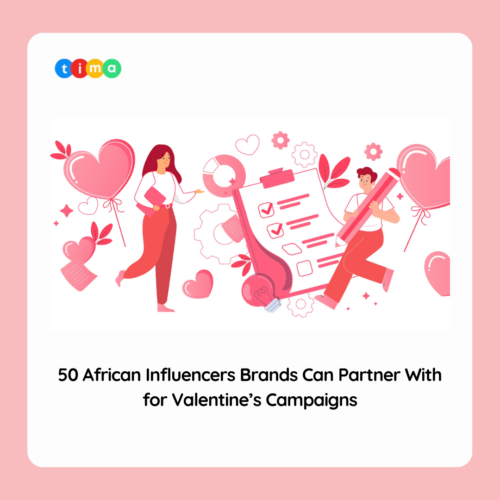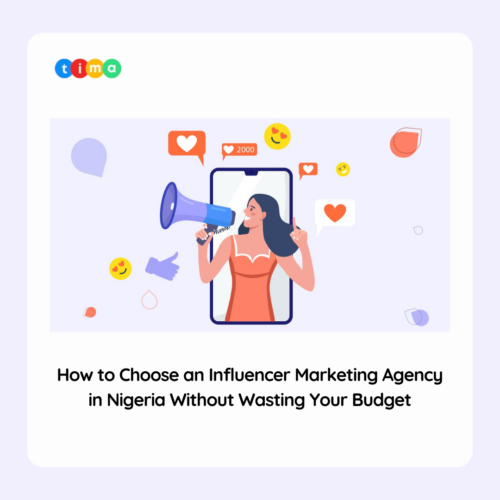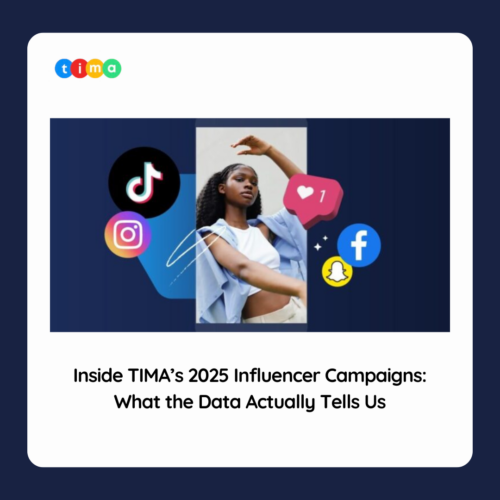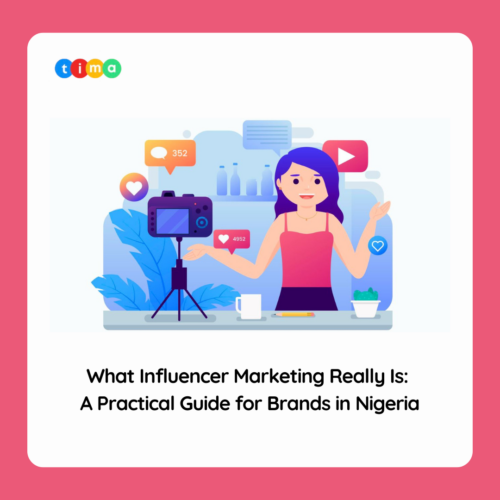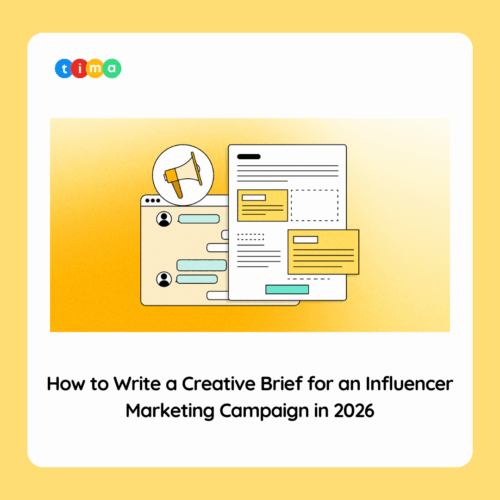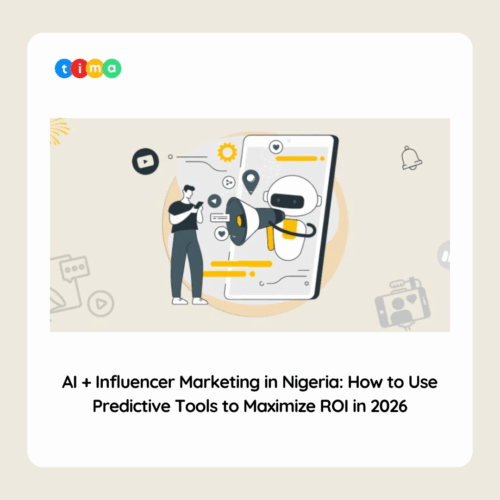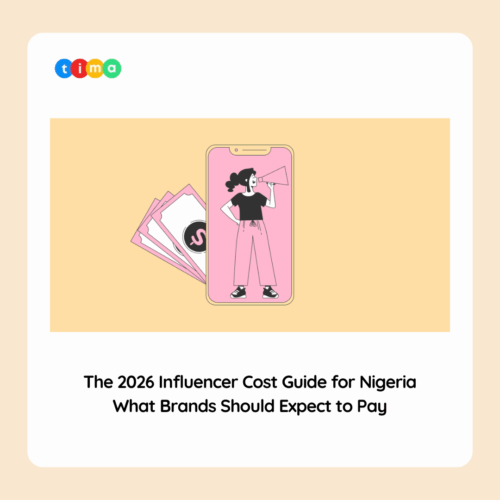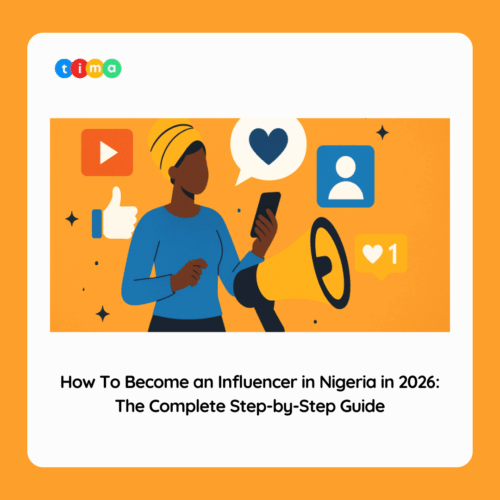In the vast and ever-evolving realm of digital marketing, few strategies have captured the imagination of brands quite like influencer marketing. This marketing strategy leverages social media influencers to promote products.
The Influence of Influence
In 2024, influencer marketing poises for even greater heights. According to forecasts, spending in this domain is expected to surge by 20 percent, indicating an ever-increasing belief in its efficacy. This robust investment hints at a prevailing sentiment among advertisers: influencer marketing is not just a passing trend but an enduring and profitable channel.
The appeal of influencer marketing can be traced to its unique ability to foster an authentic connection between brands and consumers in an era often criticized for superficiality. As we stand on the cusp of 2024, let’s delve into the dynamic world of influencer marketing to uncover what makes it alluring and explore the emerging trends reshaping this space.

The Current Landscape
Influencer marketing has become increasingly popular in a world where digital interactions dominate. Brands are strategically partnering with influencers to access their engaged and loyal audiences. The synergistic relationship between these creators and businesses has ushered in an era where authentic, relatable, and engaging content rules.
The evidence of influencer marketing’s ascendancy is striking. Various industries have adopted this approach, from beauty and fashion to finance, health, and pharmaceuticals. But it’s not just the domains that have diversified; the range of influencers has expanded too. With influencers wielding follower counts in the millions, it’s evident that this trend is far from being just a niche market.
Moreover, with TikTok leading the pack, it’s clear that the influencer marketing landscape is dynamic and ever-evolving. Consumer behaviors and attitudes may be constantly changing, but the allure of influencers remains notable. Their knack for driving sales and encouraging product consideration underscores why brands need a robust influencer marketing strategy.
Building Trust in Influencers
Trust is the backbone of influencer marketing. This trust has enabled influencers to sway their followers’ opinions and drive consumer actions. This element of trust has witnessed a significant uptick. In the not-so-distant past, the percentage of Gen Zers and millennials who trusted social media influencers was 51 percent. Fast forward to 2023, and that number has risen to 61 percent.
But what makes influencers so trustworthy? Their attractiveness and glamorous lifestyles aside, what connects with their audience is their genuineness and approachability. It’s not just about showcasing their beauty and possessions but about being intelligent, authentic, and entertaining. These qualities have become progressively significant for influencers.
However, influencer marketing is not one-size-fits-all. The diversity of influencers mirrors the diversity of consumers. For instance, a preferred influencer for one person might not be a favorite for another. It’s a reflection of the myriad personalities and niches that exist within the influencer world.

What the Future Holds
As we look ahead to 2024 and beyond, several trends and developments in influencer marketing are shaping its trajectory.
- AI Integration: Artificial intelligence will play a more prominent role in influencer marketing, aiding brands in identifying the right influencers and even helping in content creation.
- Multi-Platform Emphasis: Brands will focus on partnering with influencers with a presence across multiple platforms, ensuring a wider reach.
- Affiliate Programs: Influencers will be integral to affiliate programs, directly contributing to sales and earning a share of the revenue.
- Diversity and Representation: There will be a greater emphasis on diversity in influencer marketing, reflecting the diverse and inclusive values of the modern consumer.
- Live Shopping: Live shopping, where influencers showcase and sell products in real time, will continue to grow in prominence.
- Ongoing Partnerships: Brands will seek long-term partnerships with influencers instead of one-off projects, fostering more profound connections.
- Short Videos: Short-form video content, like that on TikTok and Reels, will dominate the influencer marketing landscape.
- Performance-based Deals: Brands will opt for performance-based deals, aligning the incentives of influencers more closely with business outcomes.
- Specialization: Influencers will become more specialized and professional, focusing on niche content and industries.
- Collaborations: Collaborations between influencers will increase, creating cross-pollination of audiences and fresh content.
- First-party Data: Gathering first-party data will be crucial, providing brands with insights to fine-tune their influencer strategies.
- Authenticity: Authenticity will be the guiding principle; influencers who stay true to their values and personalities will have a lasting impact.
- Chief Influence Officer: Some brands will appoint a Chief Influence Officer, highlighting the strategic importance of influencer marketing.
- Employee-Driven Content: Brands will encourage their employees to create content, enhancing the brand’s authenticity and reach.
- Paid Advertising: Paid advertising, alongside influencer marketing, will be essential for broad-reaching campaigns.
Closing Thoughts
Influencer marketing is on a trajectory of growth. Its unique ability to connect with consumers personally and influence their purchasing decisions is at the heart of this expansion. Brands increasingly rely on influencers to gain the trust of target audiences.
While the future of influencer marketing is exciting and filled with potential, both brands and influencers need to stay adaptable and authentic. Influencers’ influence is substantial, and as this space evolves, there’s a greater need for transparency, relatability, and trustworthiness. Whether influencer marketing remains the same or improves in 2024, it’s clear that its influence will be an enduring force in the world of marketing.


